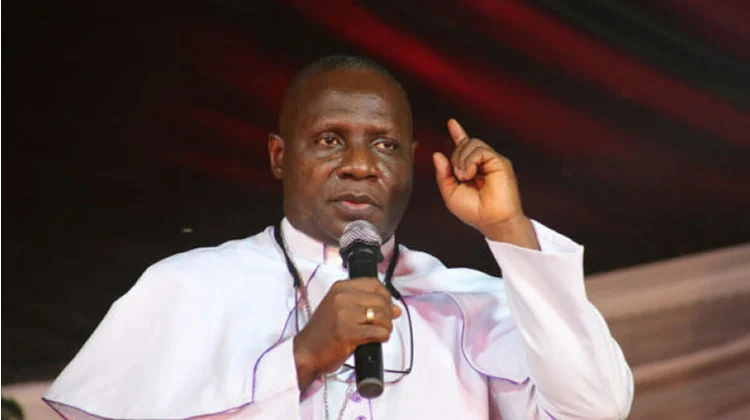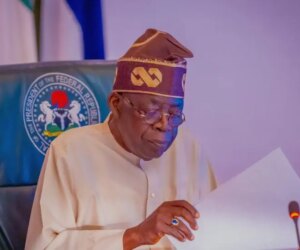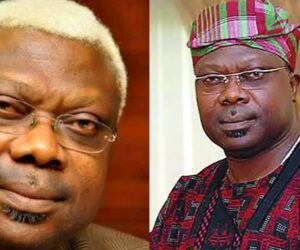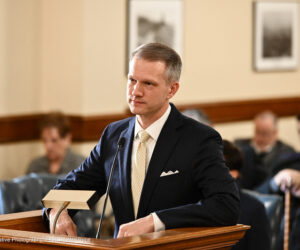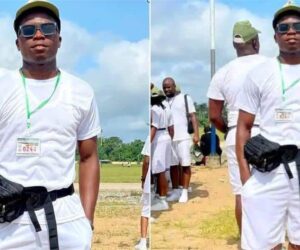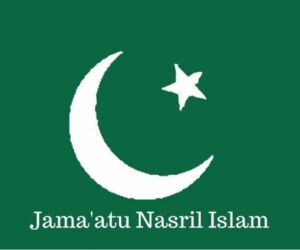2
ABUJA – The President of the Christian Association of Nigeria (CAN), Archbishop Daniel Okoh, has declared that Christian communities across Northern Nigeria and the Middle Belt are facing what he described as a “Christian genocide,” insisting that the association will “not relent” in demanding justice, accountability and protection for persecuted believers.
Speaking on Tuesday at the opening of the Fourth Quarterly National Executive Council (NEC) meeting of CAN, held in Jos, Plateau State capital, Okoh said the violence, mass displacement, and repeated attacks on Christian communities have reached alarming levels, drawing increasing attention from the international community.
“You are not forgotten, you are not abandoned”, Okoh assures Plateau, Northern Christians.
The CAN president, who led a delegation earlier this year to visit displaced Christians in Bokkos, recalled heartbreaking stories of killings, arson, kidnappings, razed churches and entire communities uprooted from their ancestral lands.
“CAN has spoken clearly and courageously on this matter, and we stand unwaveringly by our position that there is Christian genocide in Nigeria,” he stated.
“We declare with one united voice: You are not forgotten. You are not abandoned. The Body of Christ stands firmly with you.”
Okoh described the situation as an existential threat to Christian communities, insisting that silence is not an option.
“Our calling demands that we speak because silence in the face of injustice is not only irresponsible; it is unbiblical,” he said.
While noting that international bodies have begun to spotlight the crisis, Okoh said the Christian community welcomes any form of global attention that can compel meaningful action.
“Although we are pained that Nigeria is being spotlighted for such grievous reasons, if international attention is what is required to spur decisive governmental action to protect lives and bring lasting peace, then we welcome it,” he said.
The CAN president urged the Federal Government and security agencies to intensify efforts to halt the killings, kidnappings and mass displacement of indigenous populations, especially in largely Christian communities across Northern Nigeria.
He also emphasised that all internally displaced persons (IDPs) must be returned home.
“Their prolonged stay in IDP camps is a painful indictment on our national conscience. If not addressed, this humanitarian crisis may escalate into something far more devastating. God forbid!” Okoh warned.
Archbishop Okoh praised the Plateau State government for hosting the meeting and for what he called its longstanding support for the Christian community.
Addressing Governor Caleb Muftwang, he said: “We encourage His Excellency to continue in this path of service… so that this blessed land may fully enter into the peace, stability, and prosperity ordained for it. Plateau will rise again.”
Okoh said the meeting’s choice of Jos was deeply symbolic, describing the city as one that has “wept bitterly, prayed fervently, and continues to rise with resilient hope.”
He said CAN came to Plateau as “ambassadors of solidarity, compassion, and moral support.”
Despite the “deep scars” caused by years of attacks, the CAN president urged Christians across Nigeria to remain steadfast.
“This darkness shall not overcome the light of Christ,” he declared.
“Continue to sow seeds of hope, even in the soil of sorrow. In God’s time, the dawn shall break.”
He prayed that the Holy Spirit would guide the NEC meeting’s deliberations to strengthen fellowship, deepen unity and promote justice and peace across the nation.

